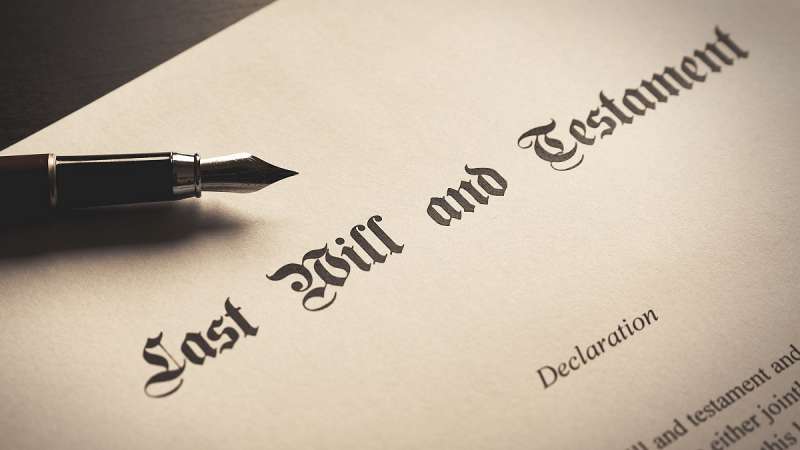
On the Will of a deceased, the date, or lack of, can have significant consequences for executors, beneficiaries, and other parties interested in an estate. These are some common questions that may be relevant to your circumstances.
Does a Will Have to Be Dated?
No. A Will remains a valid legal instrument, even if it lacks a date.
However, it can be difficult to prove that the undated Will is the last Will made by the deceased without a date. This results in uncertainty as to who the ultimate executors and beneficiaries are.
What if the Will Contains an Incorrect Date or Two Differing Dates?
Again, a Will containing an incorrect date or two different dates is not automatically invalid. The Probate Registry will most likely demand evidence to confirm the date on which the Will was signed and that this is the final Will of the deceased when a probate application is made.
Can the Validity of a Will Be Challenged Based on the Date of the Will?
The date, or lack of, on a Will, is not in itself grounds to challenge the validity of the Will. However, it can give rise to disagreements over which Will is the deceased’s final Will, particularly where two Wills are made very close together, which can hugely impact the ultimate beneficiaries or executors.
It could also indicate some other issues with the validity of the Will, for example:
- Fraud - if the date has been added or altered by someone else at a later date.
- Lack of testamentary capacity - if the deceased lacked capacity at the date the Will was signed.
- Undue influence - if the deceased was being pressured into signing the Will at that date.
- Knowledge and approval - if the deceased signed and dated the Will before the contents were properly explained to them.
What Should I Do If I Am Concerned About the Validity of a Will?
If you have any concerns about the validity of a Will, as an executor, beneficiary or other interested party, our specialist Probate Litigation Team would be happy to talk through your concerns and help to advise upon the options available to you.
Here to Help
For further information and assistance, you can contact a member of our Contentious Probate Team on 0161 941 4000 or email The Contentious Probate Team.








